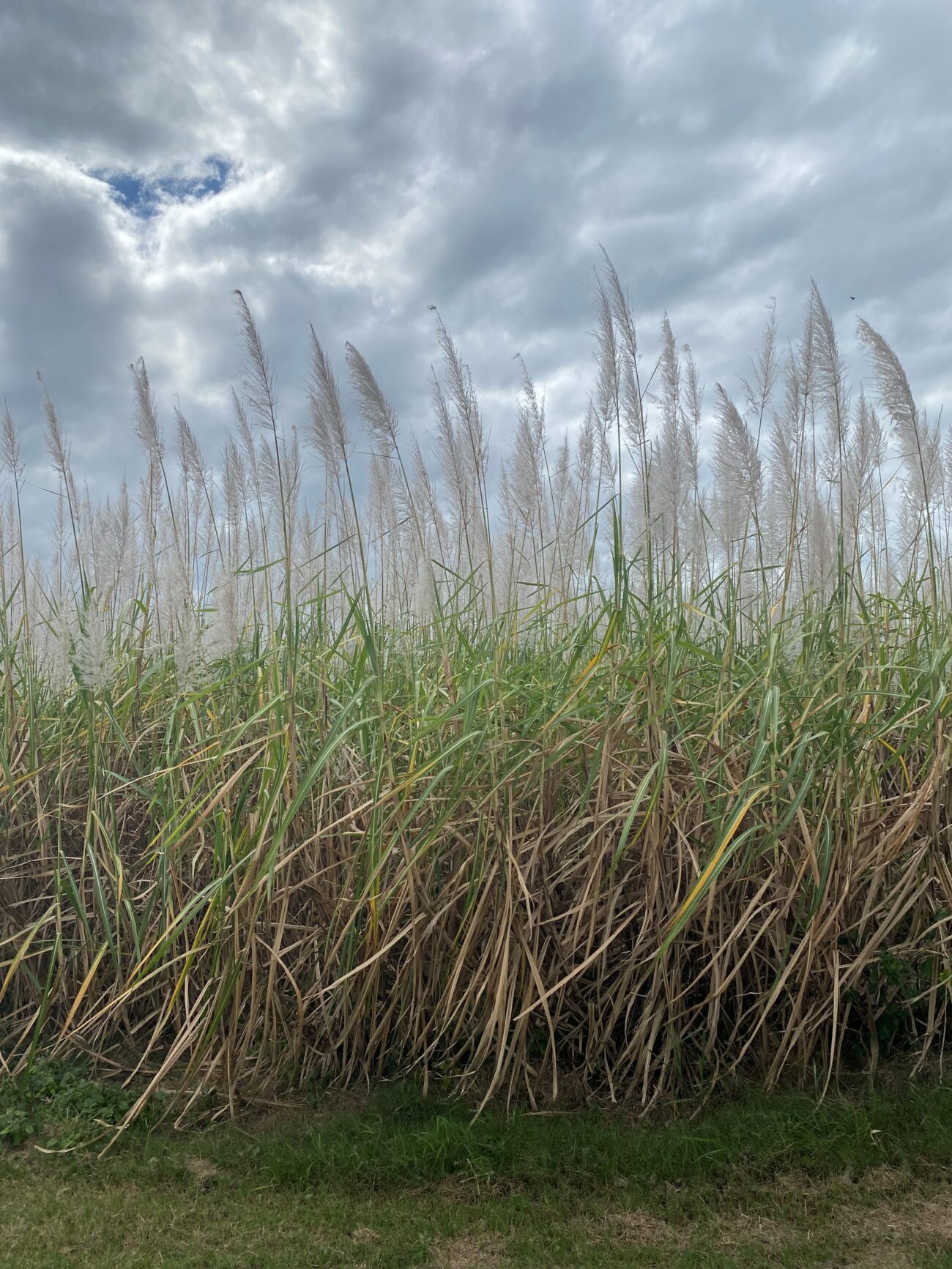Brisbane’s Role in Agricultural Innovation
Brisbane, the capital of Queensland, is known to be Australia’s agricultural and resource powerhouse. The city is at the forefront of groundbreaking research and development aimed at achieving Australia’s commitment to net zero by 2050. This goal aligns with Brisbane’s hosting of the 2032 Olympic and Paralympic Games, which aims to be the most sustainable Games to date. The spotlight will be on Brisbane’s progress towards sustainability, intensifying over the next decade.
Queensland’s diverse environments make it an ideal location for pioneering agricultural research. According to Professor Robert Henry, former Director of the Queensland Alliance for Agriculture and Food Innovation at The University of Queensland, Brisbane and Queensland rank exceptionally well in food and agriculture and all biological sciences.

“The period in the lead-up to the Olympics is going to require a lot of things to happen in agriculture that are about both adapting to climate change and mitigation. We need to be looking to do things in agriculture that reduce climate change and look at how research in agriculture can help to mitigate what other industries like airlines are doing,” said Professor Henry.
The Power of Collaboration
A key driver of Brisbane’s success in agricultural sustainability is its collaborative approach. The Brisbane Convention & Exhibition Centre (BCEC) has long been instrumental in facilitating international and national conferences, supported by its Convention Advocates Partnership. As a result of this collaboration, leading scientists and researchers come together to advance the agricultural sector’s objectives.
Professor Henry emphasises the importance of transdisciplinary (as opposed to interdisciplinary) collaboration – working across sectors and species to innovate solutions. “It is my observation that we do collaborate to a greater extent across these different worlds within our Brisbane and Australian research community than in many communities, and it goes right back to our unique biodiversity,” he noted.
The Australian Research Council (ARC) Centre of Excellence for Plant Success in Nature and Agriculture, mirrors this approach with the University of Queensland (UQ) and the Queensland University of Technology in Brisbane playing crucial roles. The Universities and industry work in sync with ARC on engineering plants to replace fossil fuels, making steady strides towards a net zero era.
Innovations in Sustainable Practices
Partnerships have led Brisbane to innovating at an impressive pace. Research initiatives are targeting the decarbonisation of jet fuel, with significant investments from Qantas in collaboration with UQ and the government. They examine how agricultural by-products including sugarcane can be turned into jet fuel at a biofuel production facility in Queensland.
Partnerships have led Brisbane to innovating at an impressive pace. Research initiatives are targeting the decarbonisation of jet fuel, with significant investments from Qantas in collaboration with UQ and the government. They examine how agricultural by-products including sugarcane can be turned into jet fuel at a biofuel production facility in Queensland.

The city’s universities are also spearheading efforts to produce more food without compromising biodiversity. The University of Queensland is ranked #1 in the world in biology and environmental sciences, with a unique depth and breadth of biology and sciences, making it an ideal place for such innovations.
“We need to be looking to do things in agriculture that reduce climate change and look at how research in agriculture can help to mitigate what other industries like airlines are doing.“
Queensland is the most biodiverse state in Australia, and Brisbane, as its capital, leverages this biodiversity to tackle food security challenges. The focus is on sustainable practices that conserve nature while increasing food production. The Cooperative Research Centre for Net Zero Emissions Agriculture, led by UQ, is dedicated to researching and developing methods to decarbonise agricultural practices. This includes finding alternatives to oil-based products like carpets, fabrics, and plastics, which are integral to everyday life.
Showcasing Brisbane’s Expertise
The BCEC, with nearly 30 years of experience, continues to work with the best and brightest minds in Brisbane and Australia to highlight sector-specific conferences where Brisbane excels. Kym Guesdon, General Manager of BCEC, makes a point of the connection between people and nature in the region. She says: “Agriculture is in the veins of every Queenslander, and it’s such an incredibly innovative and fast-moving industry. We’re proud to work with many of Australia’s best to showcase their work.”
This synergy between the BCEC, universities, and research organisations creates a fertile ground for innovation and progress. Congresses like the International Conference on Legume Genetics and Genomics to be held later this year showcase this commitment to sustainable agriculture by improving food security without environmental harm. Hort Connections (the main horticulture trade show and conference in Australasia) and evokeAG (Austalasia’s largest agriculture investment and deal-making conference) are both planned for 2025 with a goal to boost global partnerships and attract investment into next generation agriculture.
Brisbane’s agricultural sector is a microcosm of the world’s challenges and solutions. Its ability to adapt to diverse environments and climates provides a unique advantage in addressing global agricultural issues. The city’s commitment to sustainability, reinforced by collaborative efforts and cutting-edge research, set a great example for the world to follow.
To know more about what BCEC can offer you, contact alisong@bcec.com.au
